„It is one of the darkest memories of my childhood to recall the pain and bitterness I felt when, as an innocent seven-year-old who knew no reason for guilt or national distinctions, I was vilified as a Jew by the boys in the street“. („Es ist eine der trübsten Erinnerungen aus meiner Kinderzeit, mit welchem Schmerz und mit welcher Bitterkeit es mich erfüllte, wenn mir als siebenjährigem Knaben, der sich keiner Schuld bewusst war und von nationalen Unterschieden noch wenig verstand, die Buben auf der Straße schmähend Jude nachriefen.“) Invoking this painful memoire of the year 1855 by the great MGH scholar Harry Bresslau, Jutta Fleckenstein, deputy director of the Jüdisches Museum of Munich, opened the panel discussion on anti-Semitic mechanisms in university circles. The event was jointly presented by the Jüdisches Museum and the Monumenta Germaniae Historica on January 17, 2024.
The panel discussion was inspired by the anthology „Zwischen Vaterlandsliebe und Ausgrenzung“ (Between patriotism and exclusion) that was published by the MGH in autumn 2023, portraying the experiences of the Jewish scholars who worked for the MGH in the 19th and 20th centuries. With reference to the rising wave of anti-Semitism since October 7, 2023, Martina Hartmann underlined the relevance of the topic in her introductory speech, warning that we must not falter in our efforts to investigate this subject and study its historical roots.
In the ensuing discussion, Magnus Brechtken, deputy director of the Institut für Zeitgeschichte München (IfZ), Dr Kristina Milz from the IfZ and the Bayerische Akademie der Wissenschaften, and Dr Stefan L. Wolff from the Forschungsinstitut für Technik- und Wissenschaftsgeschichte/Deutsches Museum canvassed the complex aspects of researching the biographies of scholars with Jewish origins.
The audience that had defied the warning of ice rain to come to the Jüdisches Museum at St. Jakobs-Platz was rewarded for its fortitude with a wealth of information and well-founded insights into a range of topics including anti-Semitism, the dynamics of victim-perpetrator relationships, and the treatment of the Nazi past from 1945 to the present day in society and in specific institutions, tangibly illustrated with numerous biographical examples.
The discussion also profited from the participation of the audience. One contribution pointed out the role of pupil-teacher dependencies and university conventions in hindering a thorough investigation of the Nazi past. Another member of the audience contributed her autobiographical experiences of the painful discrepancy between the religious, cultural, and social self-perception of Germans of Jewish origins and the identity that was imposed upon them by the Nazi dictatorship as the basis of their persecution.
The evening made it clear that any treatment of the topics under discussion must be conducted strictly without generalisation and in mindfulness of the individual identity of the persons involved. Harry Bresslau’s words: „The patriot should not assert anything that the historian cannot account for“ („Der Patriot sollte nicht behaupten, was der Historiker nicht verantworten kann.“ ) are as valid now as they were then in 1880.




